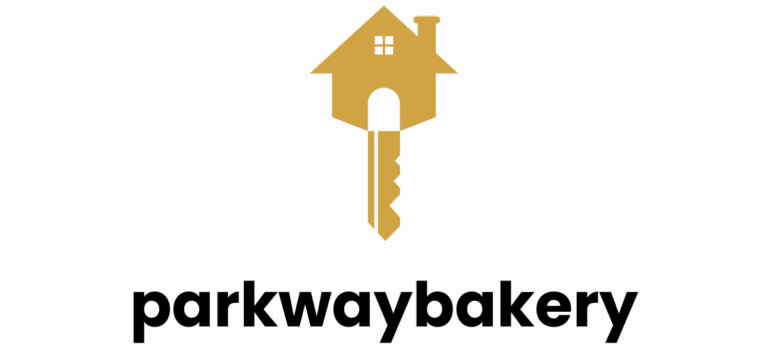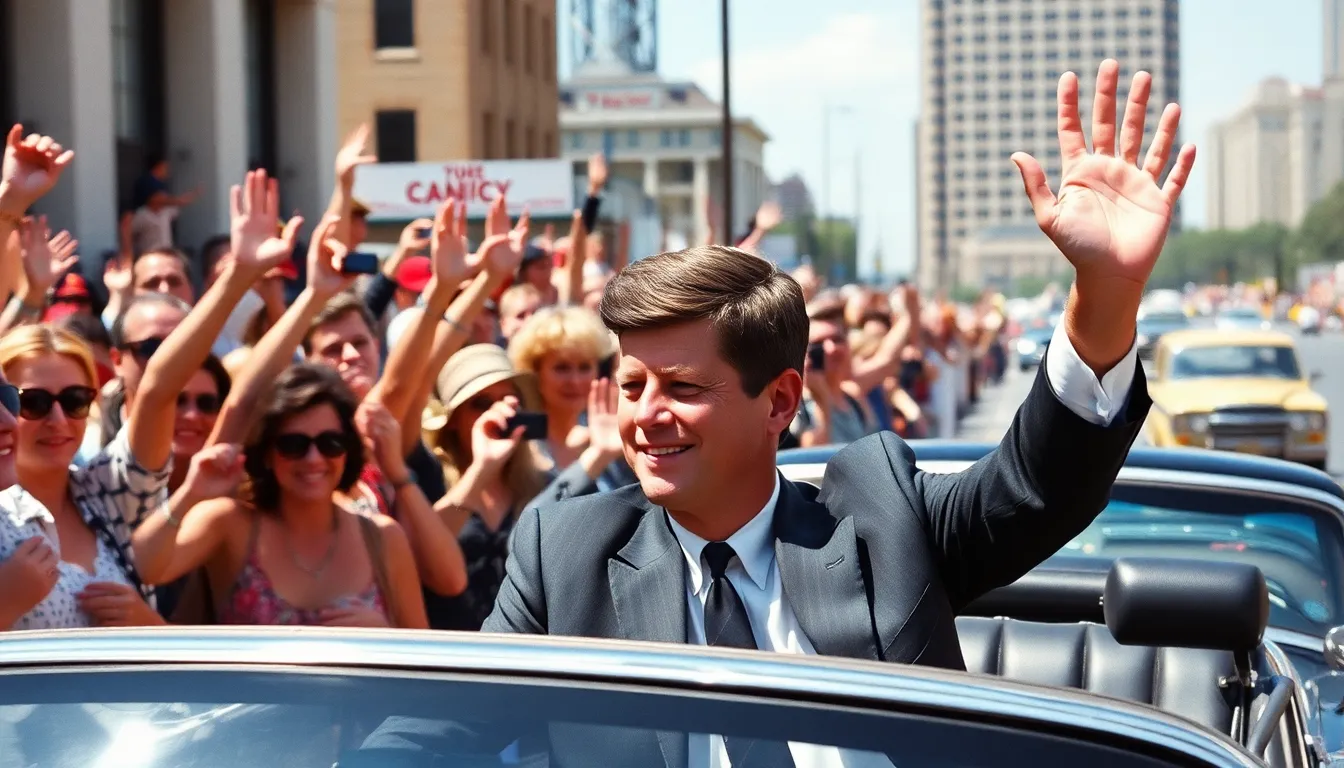Picture this: it’s a sunny day in Dallas, Texas, November 22, 1963. The air buzzes with excitement as President John F. Kennedy rides through the city, waving to adoring crowds. But in a twist worthy of a Hollywood thriller, history takes a dark turn. If you think you know the details of that fateful day, think again!
Table of Contents
ToggleOverview of JFK Assassination
President John F. Kennedy’s assassination occurred on November 22, 1963, in Dallas, Texas. Shot while riding in a motorcade, Kennedy suffered fatal injuries from bullets fired by a lone gunman. This tragic event shocked the nation and the world.
Lee Harvey Oswald emerged as the primary suspect. Arrested within hours, he denied any involvement. Two days later, an assassin killed Oswald, preventing any further investigation into his motives.
After the assassination, a presidential commission led by Chief Justice Earl Warren investigated the events. The Warren Commission concluded that Oswald acted alone, though conspiracy theories emerged soon after. Claims circulated regarding multiple shooters and even government involvement.
Public reaction to JFK’s assassination varied. Many mourned the loss of a charismatic leader, while others questioned the official findings. Media coverage heightened emotional responses, leading to widespread outpouring of grief.
The day left a lasting impact on American society. Security measures for public officials increased significantly. Moreover, this incident marked a turning point in U.S. history, setting off decades of political discourse surrounding the event.
Notably, November 22 remains a date of remembrance. Annual memorials reflect on Kennedy’s legacy. Schools and universities often teach about his presidency, the assassination, and its implications for future leaders.
Historical Context

The assassination of President John F. Kennedy marked a pivotal moment in American history. Understanding the events leading up to that tragic day provides valuable insights.
Key Events Leading to the Assassination
Several factors contributed to the climate of tension during the early 1960s. The Cold War set a backdrop of international conflict, particularly concerning Cuba. The failed Bay of Pigs invasion in April 1961 generated animosity toward Kennedy’s administration. Tensions escalated further with the Cuban Missile Crisis in October 1962, highlighting fears of nuclear confrontation. Leading up to the assassination, Kennedy’s policies and foreign relations faced scrutiny. Events in Texas during November 1963 increased local hostility, with some factions opposing his progressive reforms. These dynamics created a charged atmosphere that culminated in the tragic events of November 22.
Impact on American Society
The reaction to Kennedy’s assassination reshaped the fabric of American society. Many individuals experienced profound grief, reflecting the loss of an iconic leader. In addition, public trust in government took a hit as suspicions grew about the official narrative. The media played a significant role in amplifying various conspiracy theories, leading to widespread distrust. Social and political movements gained momentum, as citizens questioned the status quo. Increased security measures for public officials became imperative, drastically altering the landscape of political events. Kennedy’s legacy now serves as a touchstone for discussions on leadership and governance, influencing generations to come.
The Quizlet Resource
Quizlet serves as a valuable tool for studying historical events like JFK’s assassination. It offers numerous resources that enhance understanding of this pivotal moment in American history.
Features of “When Was JFK Assassinated Quizlet”
“When Was JFK Assassinated Quizlet” includes flashcards, quizzes, and study guides. Flashcards feature key dates, figures, and events related to the assassination. Quizzes test knowledge and reinforce learning through multiple-choice and true or false questions. Additionally, study guides compile detailed narratives and timelines, enabling learners to grasp the significance of JFK’s presidency and the impact of his assassination.
Benefits of Using Quizlet for Learning
Using Quizlet enhances retention through interactive learning methods. Engaging with flashcards encourages active recall, assisting students in memorizing critical facts about JFK’s assassination. Quizzes provide immediate feedback, allowing learners to identify areas needing improvement. Collaborative features empower users to share study sets, fostering group discussion and collective learning. Overall, Quizlet’s versatility makes it an efficient resource for mastering historical content.
Analyzing the Quizzes
Quizlet serves as a platform for users to engage with historical content, particularly regarding JFK’s assassination. Various quizzes cover critical details and provide insights into this significant event.
Common Questions in the Quizlet
Quizzes consist of common questions such as the date of JFK’s assassination and details about Lee Harvey Oswald. Many queries focus on the circumstances surrounding the tragedy and its immediate aftermath. Other questions might explore public reactions, major conspiracy theories, and Kennedy’s legacy. Each question aims to facilitate deeper understanding and recall of essential facts, helping users connect with this pivotal moment in history.
User Feedback and Experiences
Users often share positive experiences with the quiz format on Quizlet. Many find the interactive nature of the quizzes engaging and effective for retaining information. Feedback highlights the platform’s ability to simplify complex topics through flashcards and quiz formats. Others appreciate the collaborative learning aspect, noting how discussing quiz answers with peers leads to richer comprehension. Overall, user experiences demonstrate Quizlet’s role in enhancing knowledge of JFK’s presidency and assassination.
Understanding the assassination of JFK goes beyond the tragic event itself. It opens the door to discussions about leadership, governance, and the impact of public perception on historical narratives. The use of Quizlet as a study tool enhances this learning experience by providing interactive methods to engage with the material.
As learners explore the quizzes and flashcards available, they not only grasp the factual details but also delve into the broader implications of that fateful day. The lasting legacy of JFK’s presidency continues to resonate, making it essential for future generations to study and reflect on this pivotal moment in American history.







